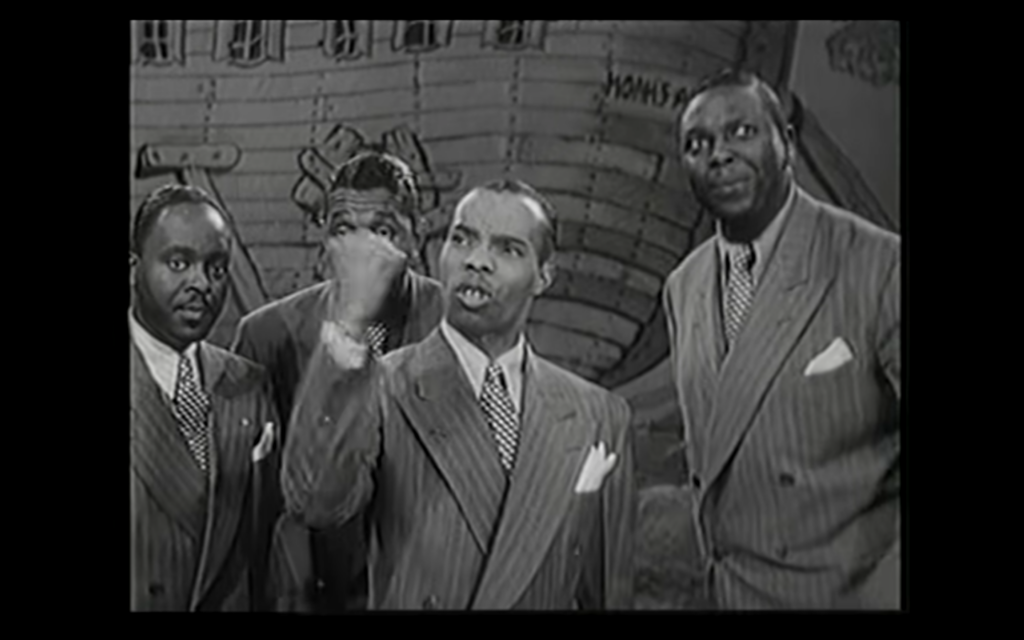STAT News takes a look at what most surprised experts about the COVID pandemic. STAT senior writer Helen Branswell’s article is well worth reading.
The point that I found most interesting: “How long the damn thing has lasted.” Branswell reports:
“[In the past,] the pandemics that have been recorded have mainly been caused by flu. And in the recorded flu pandemics, there was generally a wave or two — sometimes, in some places three — and then humans and the new virus reached a detente. The new flu virus settled into causing seasonal flu activity, not pandemic flu.
“A lot of people STAT spoke to thought that was the way this pandemic would play out. They didn’t anticipate that we’d be where we are now, with waves of transmission still occurring at various points in the year, rather than during the winter, as is the way of most respiratory pathogens.
“‘I never would have imagined that three years later we would still be dealing with this in the way that it’s ever-present in our conversations and in our society,’ said Messonnier, the former CDC official….”
As a layperson, I never dreamed that after three years, we’d still be dealing with high levels of virus transmission, and serious health consequences. I’m glad to know that the experts are equally flummoxed.
And the second most interesting point, from my point of view: “The ripple effect.” Branswell summarizes what one expert said:
“…Hatchett, for all his studying of previous pandemics, wasn’t anticipating the geopolitical impacts of this one. He likens it to a meteor strike. [emphasis added]
“In addition to the crushing waves of illness, the lives lost, the swamping of hospitals, and the disruption to routine health care, he points to the economic disruption of the past couple of years, the onset of inflation, the spike in energy prices, and the upheaval in supply chains as all being of a piece….”
Another ripple effect not mentioned in the article, but which I see every day: the COVID pandemic has changed the shape of religion in the U.S. permanently. The pandemic accelerated the ongoing trend of disaffiliation from religious organizations. The pandemic is finishing off a fair number of congregations already weakened by the Great Recession in 2008. The pandemic deepened the divide between the conservative Christians who were vaccine deniers, and everyone else who was religious (and who had to explain that yes they were religious, but they were vaccinated). The pandemic advanced livestreaming acceptance incredibly rapidly. The pandemic is causing quite a few religious professionals to seek other lines of work….
The list goes on. Yes, it was like a meteor strike. Organized religion in the U.S. will never be the same.



